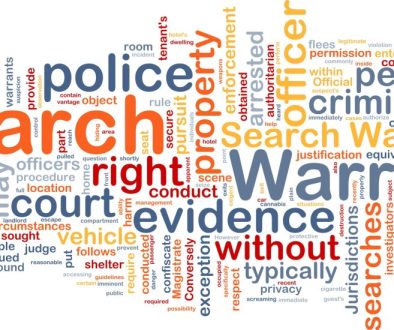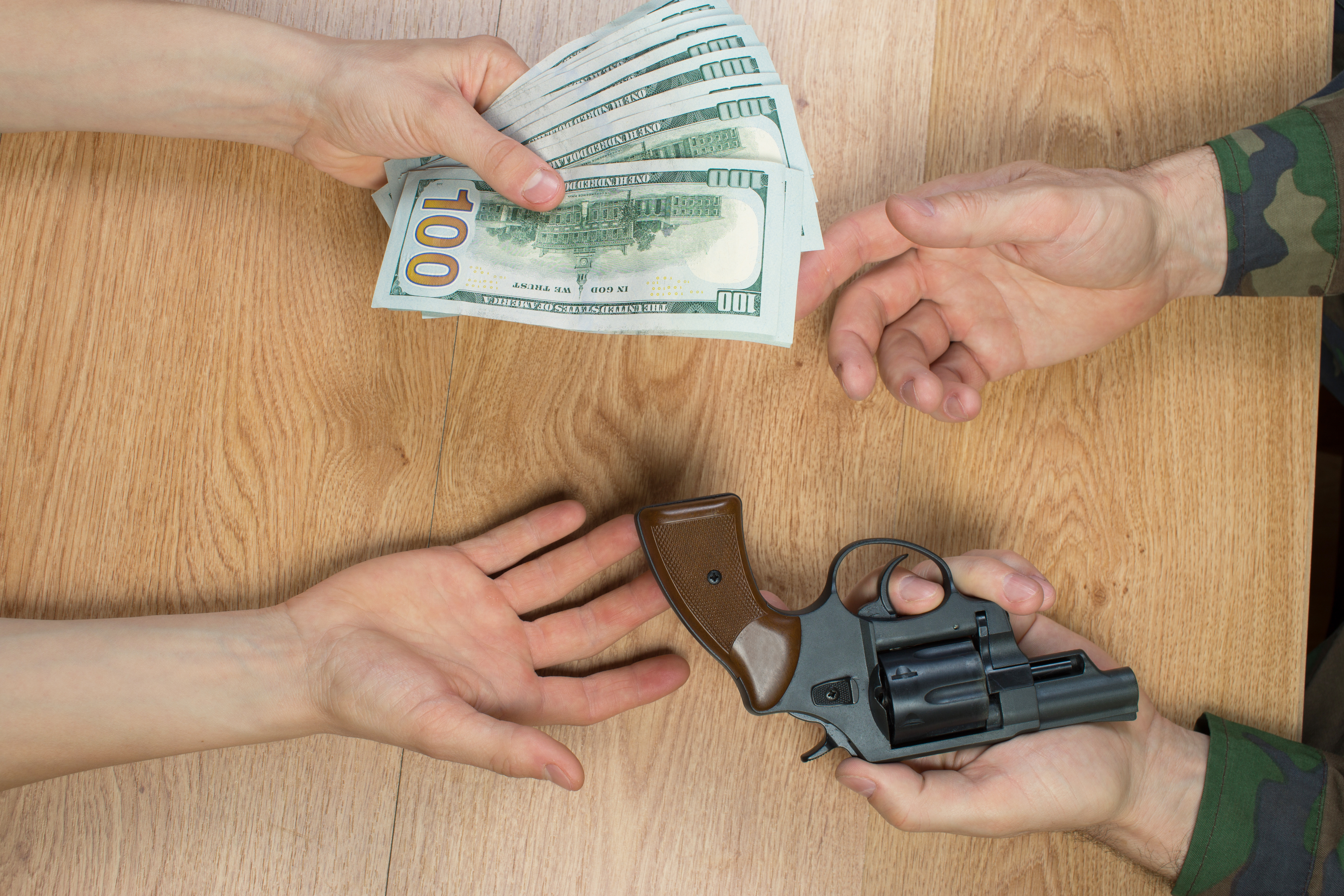The Most Common Client Questions About Handguns and Firearms in Pennsylvania
Our criminal defense law firm defends individuals charged with different gun and illegal firearm offenses in New Jersey and Pennsylvania. As I’ve written in my previous blogs, books, and stated in my videos, New Jersey and Pennsylvania treat illegal guns differently.
In New Jersey, the illegal possession of a gun or firearm carry with them mandatory minimum sentencing. Pennsylvania, however, doesn’t have mandatory minimum sentencing for most illegal gun and firearm offenses but nevertheless classifies most of these offenses and crimes as felonies of the 2nd or 3rd degree. New Jersey, in addition to having mandatory minimum sentencing, classifies illegal firearms charges as crimes of the 2nd where is there a presumption of state incarceration
Here are our most common client questions pertaining to illegal gun charges in Pennsylvania:
- What is the difference between a gun charge under Title 18 Section 6105 and one under Title 18 6106?
In Pennsylvania, Section 6105 and 6106 both involve the illegal possession of a gun, typically a handgun. Section 6105 is the possession of a firearm by a person not to possess or otherwise known as a prohibited person. A person convicted under this section is one found in the possession of a gun or a firearm who has been previously convicted of what Pennsylvania classifies as an enumerated offense. An enumerated offense can be any one of a number of offenses but the most common are violent felonies such as aggravated assault, involuntary and voluntary manslaughter, robbery, and burglary.
Enumerated offenses also include persons who have been convicted of drunk driving on 3 or more separate occasions within a 5 year period, a person with an active PFA order against them, or protection from abuse orders. Enumerated offenses also include those convicted of drug crimes where the maximum punishment exceeds 2 years. While this wouldn’t include a conviction for simple possession it would include convictions for felony possession with the intent to deliver any controlled substances.
It’s important to keep in mind that a person can be convicted of a 6105 offense even if they are found in possession of a gun in their home or place of business. Section 6106 however, involves the illegal possession of a firearm without a license. Unlike New Jersey, a person doesn’t need a permit to own a firearm or even possess it, provided that they keep that gun or firearm within their home or place of business. If they take the gun out of the home or place of business they must have a permit (concealed carry) to do so unless they are simply traveling with the gun to a range or to have it repaired.
It’s important to understand that these 2 offenses, 6105 and 6106, are separate. 6106 is a felony of the 3rd degree when a person commits it along with another offense; otherwise it is a misdemeanor of the first degree. It’s important to keep in mind that if you are found illegally possessing a gun in the city of Philadelphia, you will more than likely face felony charges as the district attorney will more than likely charge you with an additional offense under 6108 which possessing a firearm on the streets in Philadelphia. This is a misdemeanor of the 1st degree
2. Can police stop my car and search it for a gun without a warrant?
As I’ve stated in previous articles and blogs, police need probable cause to form a search but do not need a warrant in most situations. Police can perform a warrantless search but need probable cause to believe that the car contains some type of contraband and this would include an illegal gun. Obviously police, in most situations, can’t use something like a distinct smell to search for a gun but can use things such as observing a bulge in a bag to search for a gun.
Police can also use probable cause for some other contraband like drugs (i.e. semll of marijuana) to ultimately find a gun. For example, police stop a car and say they smell marijuana; they can search the car for marijuana. If during the course of that search they find a gun they can arrest the person for illegal possession if the person does not have a concealed carry permit.
3. I have a permit to carry in Pennsylvania, will other states honor it? I do business in New Jersey and would like to carry my handgun there for personal protection.
New Jersey and Pennsylvania have very different gun laws and New Jersey will not honor a Pennsylvania gun permit. In most situations a person cannot obtain a permit to possess or a concealed carry permit in New Jersey and New Jersey actually requires a permit to even purchase a handgun which is not a requirement in Pennsylvania. There are states that do honor Pennsylvania concealed carry permits. It is interesting that Pennsylvania does not have reciprocity with most neighboring states such as New Jersey, New York, or Delaware.
Some of the states that Pennsylvania does have reciprocity with include Michigan, Mississippi, Missouri, Texas, Virginia, and West Virginia which is actually a neighboring state. If you are traveling with a gun or firearm out of Pennsylvania it is important that you keep it in a gun or some type of secure container with the ammunition separate. The gun should be unloaded
4. I purchased a gun for personal protection, I plan on keeping it in my house; do I need a permit in Pennsylvania?
No. Pennsylvania doesn’t require a permit or license to simply own a firearm or possess it if you plan on keeping it in your home or place of business. New Jersey, however, is different and does require a permit to purchase a handgun and a license to even possess a gun.
My weekly podcast is based on questions from our clients. If you would like me to answer your criminal defense questions, you may submit by email at alfonso@gambonelaw.com



